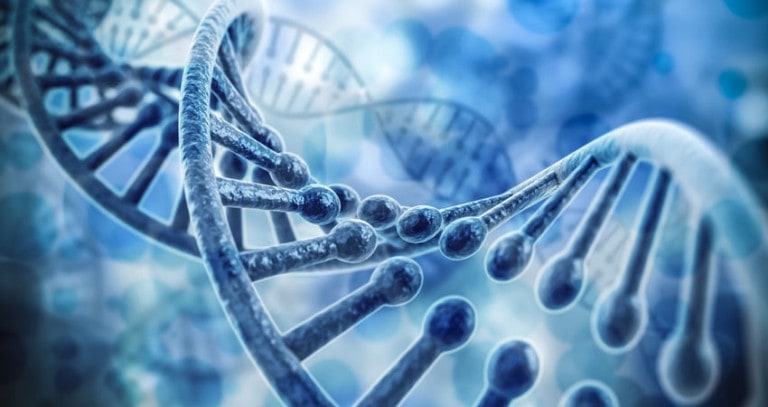The U.S. Food and Drug Administration (FDA) is on the brink of approving a type of gene therapy to improve vision loss in people with certain types of blindness. The FDA will decide whether to approve the treatment, known as Luxturna, early in 2018.
Luxturna (voretigene neparvovec) is a one-time injectable treatment for a condition that is currently untreatable, known as biallelic RPE65-mediated inherited retinal dystrophy (IRD). It is a genetic condition, which means people inherit the disease from their parents. Those with the condition are born with poor vision, and they usually lose their sight completely as they age. The condition affects approximately 3,500 people in the United States and Europe.
About Genes and Gene Therapy for Blindness
Genes tell cells how to function. More than 220 genes tell cells how to produce a certain enzyme essential for normal vision. Inherited retinal diseases (IRDs) are a group of rare conditions resulting from mutations in at least one of those genes. RPE65 is one of the genes responsible for normal vision.
Mutations in the RPE65 gene weaken the eye’s ability to respond to light. Over time, the gene mutations destroy the photoreceptors in the retina, which are cells in the light-sensitive tissue lining the back of your eye. Spark Therapeutics of Philadelphia, Pennsylvania, designed Luxturna to treat people with mutations of the RPE65 gene.
Scientists can now make healthy genes in a lab. In fact, scientists have been synthesizing DNA for many years. In this case, scientists were able to make a healthy RPE65 gene to replace the faulty RPE65 in patients with IRDs. They use a virus to deliver the gene into the patient’s eye.
The Luxturna treatment contains a virus that scientists have pre-loaded with a normal copy of the RPE65 gene. The scientists use a microscopic needle to inject the virus into the patient’s eye, where the healthy gene replicates and supplies a normal copy of the RPE65 gene.
Medications like Luxturna go through a series of rigorous laboratory testing phases, known as trials, in which scientists determine whether a drug works well enough to gain FDA approval. The type of tests scientists use depends largely on what they are trying to measure. To test this treatment for vision loss, scientists evaluate how well participants navigated a special obstacle course in low light. In one important trial, 93 percent of participants showed some improvement in their ability to navigate the course after just one treatment with Luxturna in each eye.
Benefits of Luxturna
While Luxturna cannot restore normal sight, it can improve vision. The researchers followed participants for several years after treatment. They found that participants in the study enjoyed functional improvement 30 days after treatment and one year after treatment; one participant maintained functional improvements four years after treatment. The participants said the treatment helped them recognize colors, read facial expressions, and even go out at night.
While gene therapy to reduce vision loss associated with various inherited conditions is not yet available, many treatments are currently available to improve vision from glaucoma, cataracts, refractive errors, dry eye, and other eye conditions.
If you have an eye condition and could benefit from treatment, make an appointment with one of our eye doctors at Florida Eye Specialists. We provide eye care for glaucoma, cataracts, and other vision problems to patients living in Mandarin, Northside, Ponte Vedra, Riverside, San Marco and Southside. Make an appointment at one any one of these six locations around Jacksonville, FL, by calling 904-564-2020.
